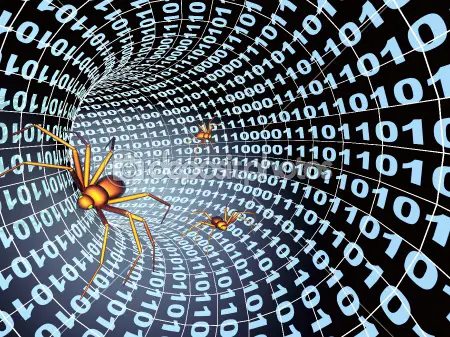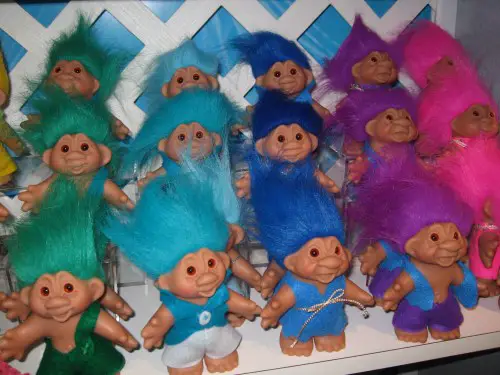
Internet lingo has evolved over the years. And just like any other language, many of the words used in Internet speak have been borrowed.
Have you ever wondered where Internet words like ping and bugs came from? What their real-world connections are? For your dose of Monday trivia, let’s take a look at 5 of the most commonly encountered/used Internet words.
Cookies
When I hear “cookies”, I inevitably think of thick, chewy chocolate chip cookies that would make Cookie Monster drool like nothing else. Of course, when it comes to the Internet, we know that cookies are used to store the information of a user, which is then used by the website and the browser. These are used for authentication purposes, as well as saving preferences.
How did the delectable treat make it to the technological world?
The common consensus is that programmers in the early days saw the analogy between fortune cookies – which hold information about the future inside them – and the Internet cookies – which saves information about the user. Long shot, but the name has stuck.
Bugs

This is my favorite Internet word story, which I think everyone should know about. The use of “bug” in terms of programming is attributed to kick-ass computer scientist Grace Hopper. As the story goes, at one point, she retrieved a moth (the real insect) from the innards of a computer, and thus “debugging” and “bugs” from the technical point of view came to exist.
Ping
No, it’s not really related to the game of ping pong, though you might find a relationship there somewhere if you try hard enough. What is more intuitive is the relationship between the testing how reachable a host or IP is (which is what pinging is) and how a SONAR works and the sound it makes: ping. Beautifully simple.
Troll

There are mythological trolls, and there are Troll dolls, which became popular some time in the 90s. For what reason, I still don’t get it. But there is the other kind of troll which gets all the attention these days: the Internet troll.
It is not hard to find the correlation between those ugly creatures without manners and the entities who seem to lack manners online as well. There is, however, a totally different explanation for this word. Apparently, trolling is a fishing technique wherein the fisherman uses a lure to sucker in a fish, and that became the basis of calling someone a troll: a person who says outrageous things to sucker people into argument. Of course, there is more than one point of view about the origins of this word, and I think you might enjoy this thread.
Spam
Many think of spam – unwanted email, etc. – and Spam – the processed meat – as both undesirable. I totally agree with the former, but not so sure about the latter, as I have moods when I want Spam and egg for breakfast. (Totally unrelated, I know.)
While there is that connection, there is also something else that is very interesting about the origins of the use of spam online. Monty Python fans are now probably thinking of that scene set in a cafe with Spam as the highlight. Everyone sings this catchy song, the lyrics of which is basically “Spam” said over and over again.
Images via The Economic Times, Kill Screen, and Deposit Photos